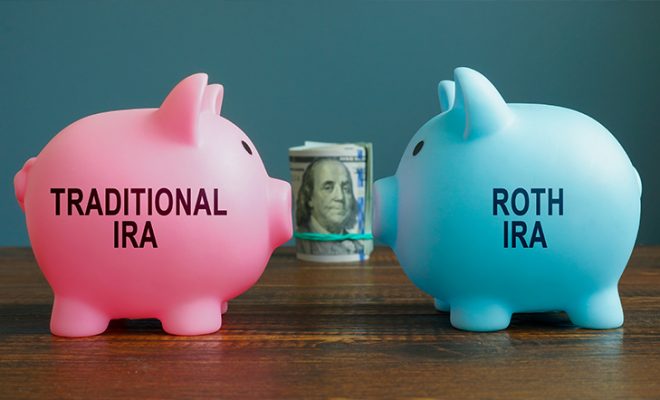How to Invest in Fixed Income Investments

There are different kinds of investments out there, depending on your goals, risk tolerance, income, and budget. Some of these offer high rewards with higher risks, while others offer low risk with lower returns. For investors who like to maintain a low risk appetite yet enjoy consistent and continued returns, fixed income investments can be an ideal option. These investments can be beneficial under certain conditions but may not meet your investment targets at other times. This is why a thorough understanding of fixed income investments is essential.
Here are some important aspects of fixed income investments and how to invest in them.
What are fixed income investments?
Fixed income investments are investments that offer low risk and fixed income. The returns earned from such investments are stable and fixed until the investment matures. In fact, you can find out the fixed income to be earned before you invest in the instrument, so there is no element of surprise here. Some common fixed income investments include government bonds, corporate bonds, money market funds, certificate of deposits (CDs), life annuities, etc.
These investments differ from other investments as the rate of interest is known in advance. There is no impact of market fluctuations on your returns. The difference in your expectation and the final outcome is only marginal, if at all. However, since the risk is low, so can be the returns. As compared to more aggressive forms of investment like stocks, the returns here may not be as high. But they are always consistent.
How to invest in fixed income investments?
If you wish to invest in fixed income tools, you can consider the following options:
- Certificate of deposits (CDs): Certificate of deposits act as an upgraded version of your bank account. You can open a deposit at your bank with an amount of your choice. Your funds grow over time at a fixed rate of interest, and you can withdraw them at maturity. A CD is an excellent option that offers fixed returns with little to no risk. However, there may be some penalties in case of early withdrawals. Your funds are also taxed as ordinary income.
- Bonds: Bonds are a type of loan that you lend to companies or the government. There are three types of bonds
- Government bonds
- Corporate bonds
- Municipal bonds.
The return on these bonds is given out in the form of dividends and is quite stable. This dividend is the money the company owes you along with the interest.
- Money market funds: These are fixed income mutual funds. When you invest in a money market fund, your money is invested in short term debt instruments. The associated risk is comparatively low here and the returns are fixed and constant.
- Fixed rate annuities: This is a form of insurance that also offers investment opportunities. The money you invest is paid back to you in the form of life time annuities. The frequency of paying premiums and receiving pay outs can be chosen as per your needs. Fixed rate annuities are a common retirement tool with guaranteed income pay outs.
What are the benefits of fixed income investments?
Here are some benefits of fixed income investments:
- They offer low risk: These investment options come with very little risk. This is why they are suitable for all age and income groups. Regardless of where you stand in your personal or professional life, investing in a fixed income investment instrument can be an easy decision for most investors.
- They help you preserve your capital: Fixed income investments enable capital preservation. The money you invest is safe and provides you with returns regardless of how the market performs. The fixed interest rate also helps counter inflation, so your money does not lose its value.
- They help you build your savings: With fixed income investing, you can build your savings pool and create a considerable amount of wealth over time. Even though the rate of return may not be as high, the fixed returns make it possible to make a large corpus with continued investments.
What are the cons of fixed income investments?
Here are some disadvantages of fixed income investments:
- They are not always effective against inflation: Even with fixed returns, the investment may not always hold its ground against inflation. If the rate of inflation increases in the country, it may be beneficial to consider more aggressive forms of investments that can not only counter inflation but also bring in profits.
- Low returns on investments: Along with low risk, these investments also bring in low returns. As compared to many other options, such as mutual funds, stocks, exchange traded funds, etc. the rate of return in fixed income investments is low.
- Liquidity issues: Fixed income instruments lack liquidity. There are often penalties associated with early withdrawals.
- No tax benefits: There are no fixed tax benefits on fixed income investments. For instance, in the case of CDs, your funds are taxed as ordinary income.
To sum it up
Fixed income investments can be a good choice if you prefer keeping a low risk portfolio. They offer steady returns, and peace of mind with capital preservation. But they may not be suitable for all financial goals. This is why financial experts recommended keeping a balance of optimal risk and reward on your portfolio to gain maximum benefits.
If you need help in investing in fixed income investments, you can use our free tool to compare up to 3 vetted financial advisors in your area to help you pick a suitable investment option for yourself.










